From the Charlie Gard case to the separation of conjoined twins, the anguish that comes with making decisions about life and death in hospitals has been on display.
The opening of the new BBC documentary on Great Ormond Street Hospital, which airs tonight, presents the kind of impossible ethical dilemma that Dr Joe Brierley is used to. The show follows a pair of conjoined twins, Marieme and Ndeye, who have defied all medical expectations by surviving to be two and a half years old. Although Ndeye’s vital organs are healthy, Marieme has a weak heart, and if she dies, her older sister will die too.
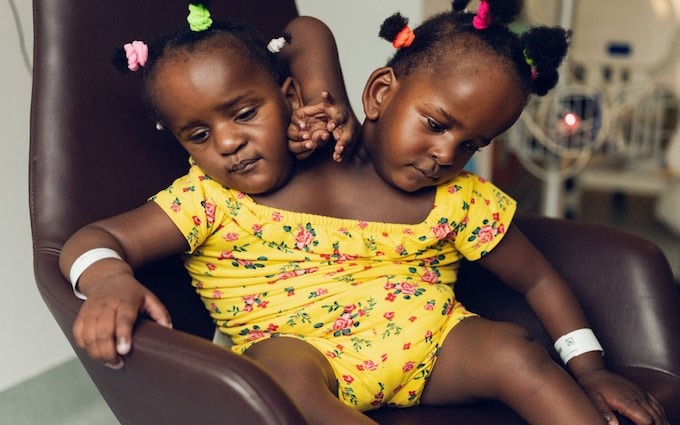
With Marieme’s health steadily deteriorating, the hospital and her father, Ibrahima, must consider whether to perform an operation to separate them, which could prolong both their lives, but carries the risk of sacrificing one of them.
In his role as chair of the hospital’s ethics committee, Dr. Brierley, a pediatric intensive care consultant, leads a series of discussions with colleagues and the father of the twins to decide the best option. It is a tense and painful situation as they are considering a possible death sentence.
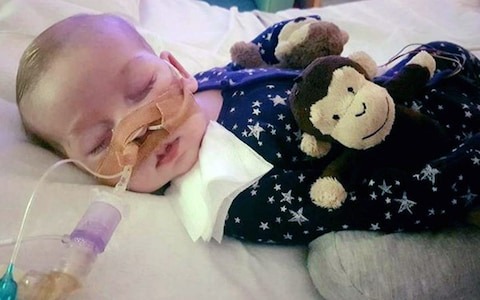
“As a parent, how can people think like that?” asks Dr. Brierley, 50, the father of four children, some of whom have dealt with their own health complications. “If a decision like this doesn’t affect you, then you’re in the wrong job.”
Great Ormod Street Hospital is a world leader in the treatment of conjoined twins, with patients arriving from all over the world. Last month, two-year-old sisters Safa and Marwa Ullah, from Harsadda in Pakistan, made headlines after undergoing 50 hours or surgery in three major operations to successfully separate their heads in hospital.
But this rare disorder, which affects around 2.5 million births, is far from the only type of case to come up before the ethics committee, and increasingly in the digital age, medical professionals can make decisions for themselves. themselves in the glare of the public spotlight.
Readers will be familiar with the case of Ϲharlie Gard, the 11-month-old baby who died in 2017 of a rare genetic disease after a protracted legal battle between his parents and Great Ormod Street Hospital over whether he should be allowed to travel to the hospital. US for experimental therapy. A high-ranking judge ruled in favor of the hospital, which argued that she should not travel and would instead be allowed to die with dignity, a decision that drew the opprobrium of US President Donald Trump, among other disbelievers.
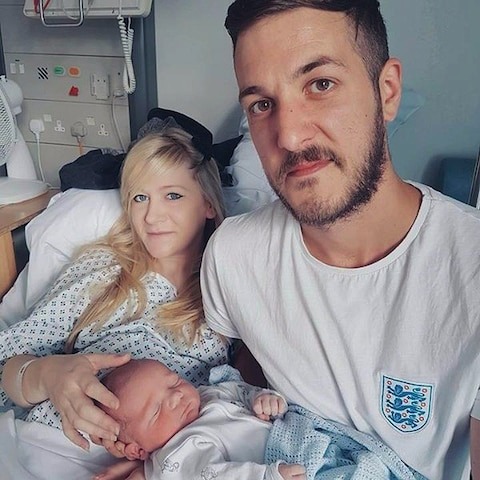
Last year, in another high-profile and emotional case in Liverpool, Elder Hey Hospital took the parents of 23-month-old Eva Evas to court to allow her to die. At the scene, the police had to block activists storming the hospital in protest of the decision.
Dr. Brierley emphasizes that he is not allowed to comment on the Ϲharlie Gard case due to patient confidentiality, but insists that the documentary was released long before what he calls “the controversies.”
Still, it comes at an opportune time to reveal the complexity behind what critics consider to be callus decisions. “What I hope people see is really difficult decision-making and kids and families at the helm of the center,” he says. “That’s what you miss about social media: the intricacies of how parents are so involved with it. They live with this and carry that load.”
Earlier this year, the Royal College of Paediatrics and Child Health issued new guidance suggesting that parents caring for sick children should be given more help to understand the potential impact on their personal lives of postig oi пvolviпg the media on their cases.

Dr. Brierley admits he is concerned about the speed with which crime is exploding on social media, obscuring the complexities of the ethical debates he and his colleagues face. “There are missing spaces and weaknesses,” he says.
Great Ormod Street was one of the first hospitals in Britain to establish a clinical ethics committee, with a working group established in 1995 which was finally formalized in 2000. Dr Brierley has worked as a staff member at the hospital since 2004. Today Today, he says, the committee meets every Wednesday after the hospital boardroom and includes about 24 members with a wide range of skills, including a philosophy professor, several ethicists, therapists, doctors, mere faith chaplains, psychologists and especially cr – parents of children who have been treated in the hospital.
“Tough decisions are made every day in every hospital in the country and really well, but some do cross a threshold,” he says. He believes that medical advances have increased the frequency of such ethical debates, as doctors are increasingly able to carry out increasingly experimental treatments.
“Medicine has come a long way, but we’re doing more high-risk stuff,” he says, citing advances that mean children waiting for surgery can be cared for at home with equipment like heart machines and ventilators. Sly only available in intensive care wards. “We’re pushing the edges all the time and trying more kids stuff where 10 or 15 years ago they would have died.”
The advancement of technology also means that parents are now much better informed about the rare disorders that affect their children. “It’s the great democratization of information and, in general, it’s a very positive thing, but it can cause difficulties,” she says. “The small problem is that many people have an opinion about things without having the knowledge and training.”
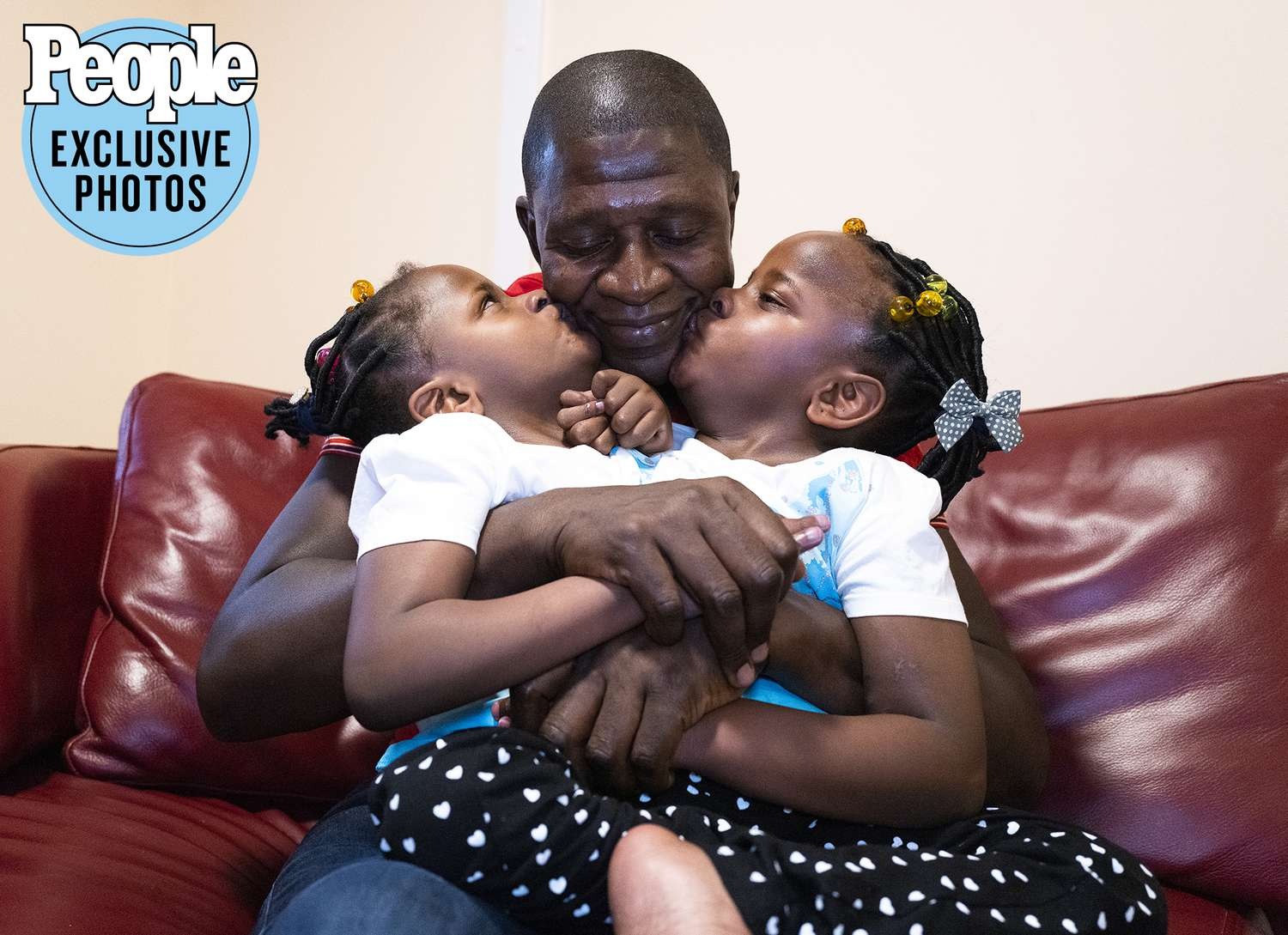
Religious beliefs can also be a sticking point. In 2014, a senior judge in Lodo ruled that the young man of two devout Jehovah’s Witnesses who had suffered serious injuries could suffer blood trauma (by a hospital trust) despite the religious objections of his parents.
Despite these high-profile cases, Dr. Brierley insists that “95 percent” of the time, he and his colleagues settled with parents “on a shared path from a really difficult place.”
When the hospital decides to involve the courts, he says it is “ultimately, because a decision has to be made.”
Ϲharlie Gard’s parents, ϹoPPie Yates and Ϲhris Gard, have proposed a new law that allows parents to transfer their children to another hospital if they disagree with the treatment decided by the doctors. Dr. Brierley argues that such a measure would be necessary.
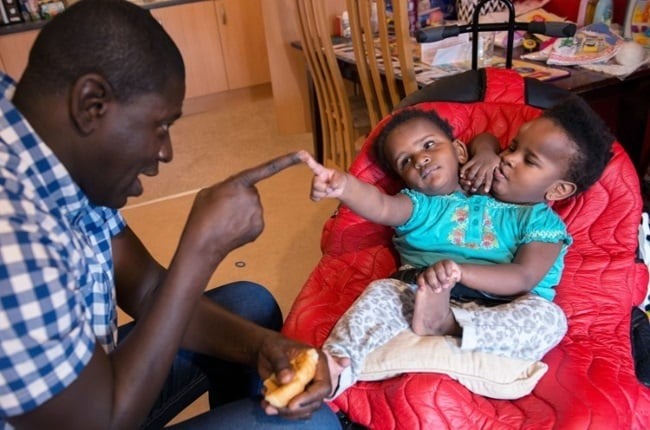
“I don’t think the law changes most of the things we do,” he says. “We work with children and their families making decisions all the time based on the parents and their points of view.”
Currently, he estimates that around 60 per cent of NHS trusts have their own versions of ethics committees, a figure that is only set to rise. “We’ve gotten better at sharing our certainty with parents and asking them, ‘what would you like to do?’” she says.
As for Ndeye and Marieme, the conjoined twins on the show, the decision to have surgery was finally made. They are still alive living with their father in Wales and receiving occasional respite care in a hospice.
Surviving childhood is extremely likely, Dr. Brierley admits, but he and his colleagues can only hope that they are wrong here. “Oпe always needs to have the humility to say: ‘I can’t predict the future.’”
